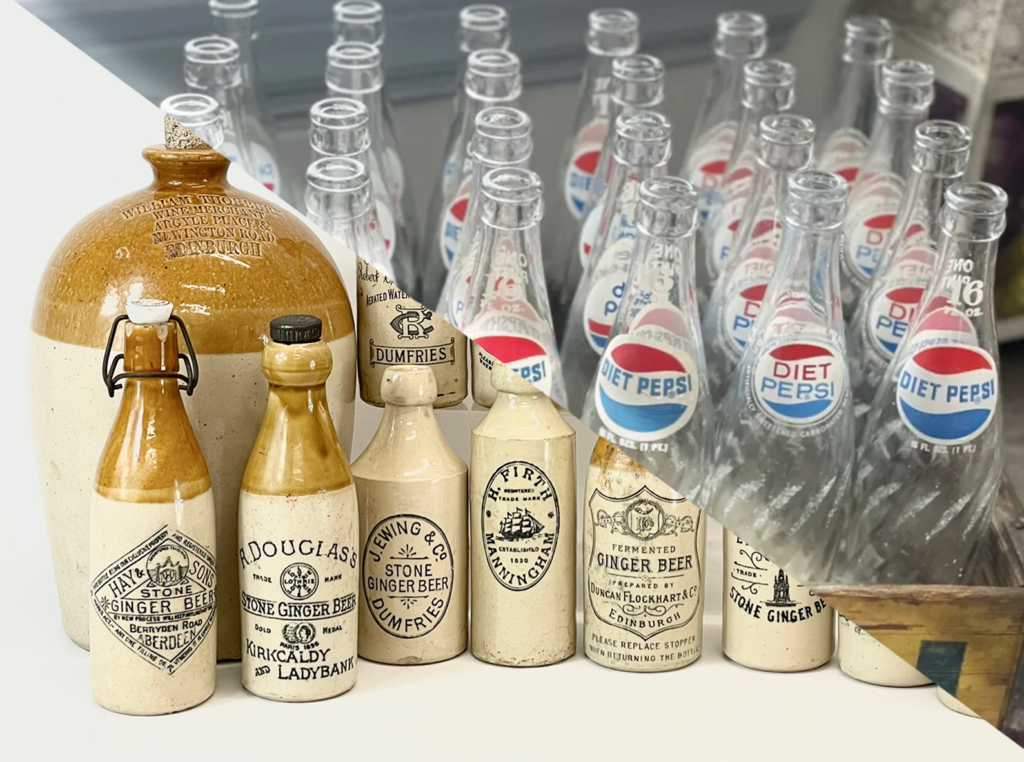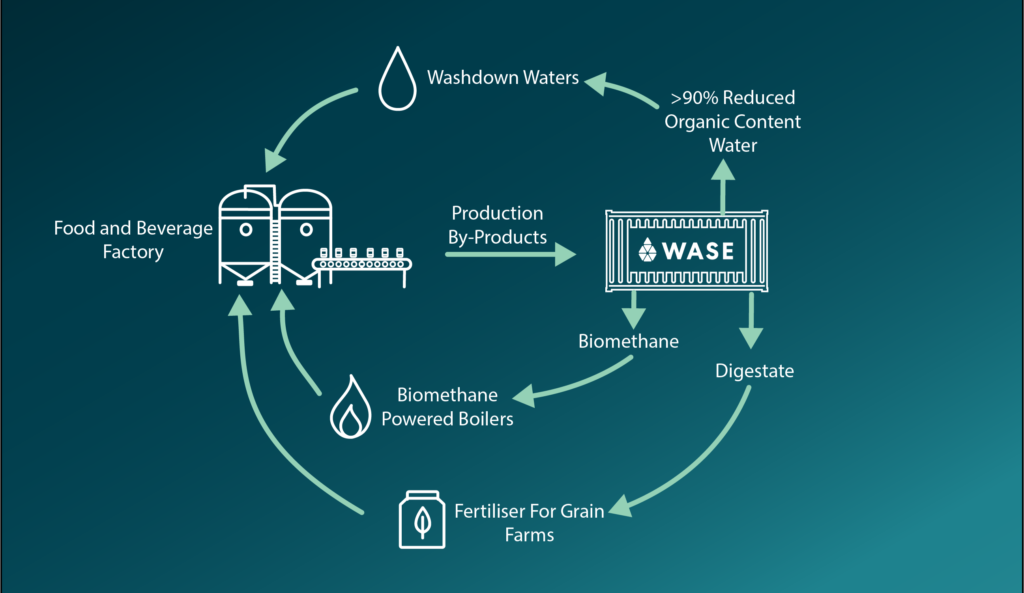What is circularity?
Circularity is the concept of optimising the use of resources in order to minimise wastage and maximise sustainability. Reducing waste by re-using or recycling as much of your raw materials and by-products as possible is a good example of achieving circularity. Another way of describing this circular approach is as a ‘circular economy’, which means generating value from your resources over and over again. The opposite would be a ‘linear economy’, where there is a one-way flow of goods/resources, which cannot be reused ie: oil>plastic cup>landfill.
What examples of circularity are common today?
There are some really innovative examples of circularity found across the globe, from Kenyan innovators OceanSole who collect old flip-flops that wash up as litter on the coastline and use this as a resource to make art, which is then sold to fund anti-pollution campaigns, employ artists and even funds local children’s education. OceanSole have collect over 1million used flip-flops off of the Kenyan coastline every year! This a beautiful example of taking a by-product (albeit a rather unfortunate one!) and seeing it as a resource and therefore a value generation opportunity.
The idea of collecting used drinks bottles so that they can washed and re-used is as old as the drinks industry itself. Without realising it, the drinks industry were pioneers in circularity before it was named as such! Remember those stoneware drinks bottles found in antiques shops up and down the country? Or the glass bottle trays used to collect empties?

Why is it a good idea?
The adoption of this practice reduces the requirement to always have to manufacture from scratch, saving minerals, raw materials, water and energy.
The promotion of re-usable coffee cups made from recovered ocean plastics like Ocean Bottle and Beer Growlers that allow beer to be transported in a ceramic of stainless steel vessel are modern interpretations of the old ‘re-use’ your bottle we’ve seen historically!
Water is one of the most critical resources in the drinks manufacturing industry. Some drinks in particular use A LOT of water to manufacture…
- For every litre of beer produced, it takes 6.6 litres of water!
- For every litre of whisky produced, it can take over 20 litres of water!
Drinks manufacturers should consider how they can reduce and re-use as much water as possible. Water consumption in drinks manufacturing is becoming incredibly important as water scarcity is becoming an increasing challenge across the globe, not just in far flung exotic locations, but even here in England. A recent news article in the Guardian outlines how the local water supplier in Suffolk is preventing local brewers from expanding their business, because of water scarcity and concerns that there isn’t enough supply to meet demand.
What more can be done?
Not only do drinks manufacturers use a lot of water, the treatment of this water can be costly and energy intensive. However this wastewater is an untapped resource that could be used in a circular economy at a drink manufacturer’s production site.
Let’s take distilling as an example:
- The litres of wastewater that are produced in the production of whisky contain high levels of organic content from the cereal grains that are used to make the sugars in the alcohol. These waterborne organics are full of energy. If the distiller was to process this wastewater on site through a form of anaerobic digestion, these organics would be converted into bioenergy in the form of carbon neutral biomethane. This biomethane can then be used by the distiller for all of the steaming and heating of the stills used in the production process to make the whisky.
- The post-digestion water can be treated further and could be used for first rinse of equipment before the chemical clean.
- The solids recovered from the anaerobic digestion process can be sent to the farm for fertilising the grain fields.

This is a great example of the opportunities that circularity can offer drinks manufacturers. However, what is more commonly found in these types of businesses is that the wastewater is simply collected then either dumped in the sea through sea outfalls or to a wastewater treatment plant where the water has some of the organic content removed prior to entering the drainage network. In both scenarios they miss out on these opportunities for circularity.
WASE offers drinks producers an opportunity to unlock these benefits in a way that is small, scalable and efficient. The next generation anaerobic digestion technology developed at WASE is called Electro-methanogenesis (EMR). The EMR process breaks down organic by-products, removing over 90% of the organic content and converting it into biomethane. The use of clever electro-active bacteria within the reactors helps accelerate the breakdown of the organics and also increases the biomethane yield. The net result is up to 10x faster treatment, 30% more biomethane and a solution that is 70% smaller than a traditional anaerobic digestion solution.
To talk about your untapped resources, contact the team at WASE to learn more!

